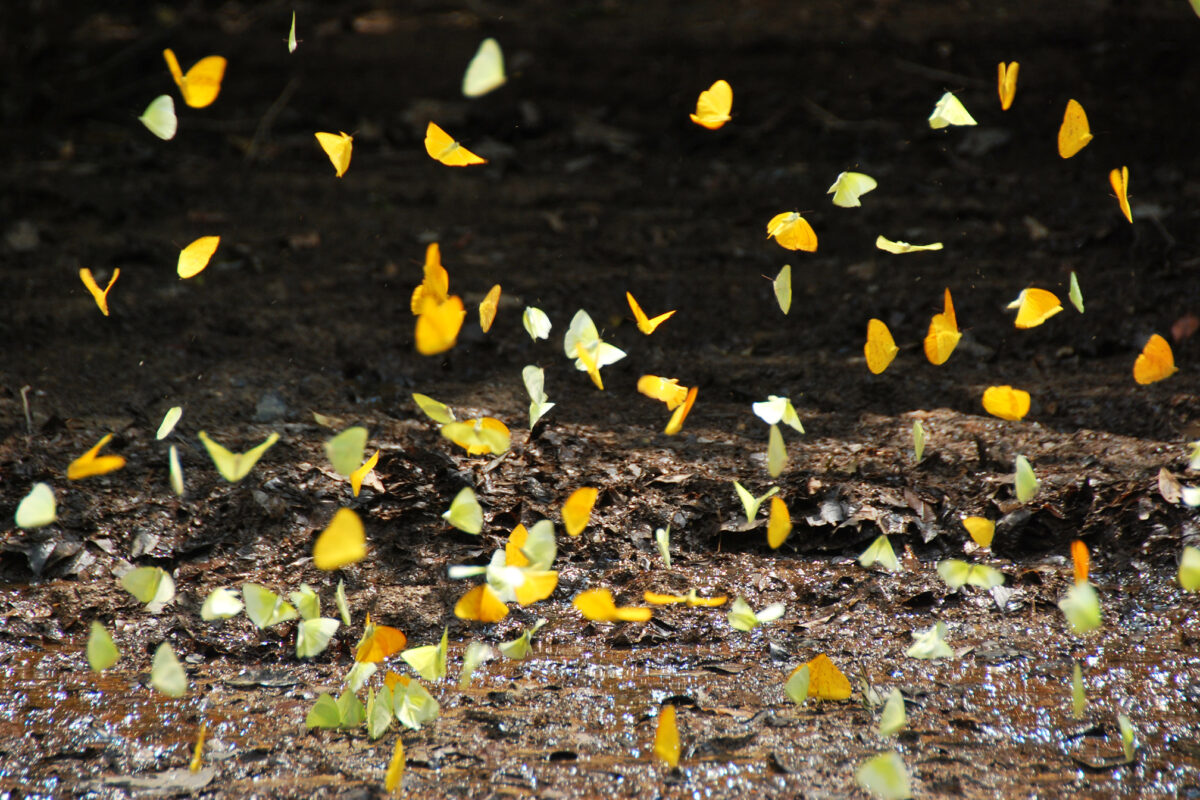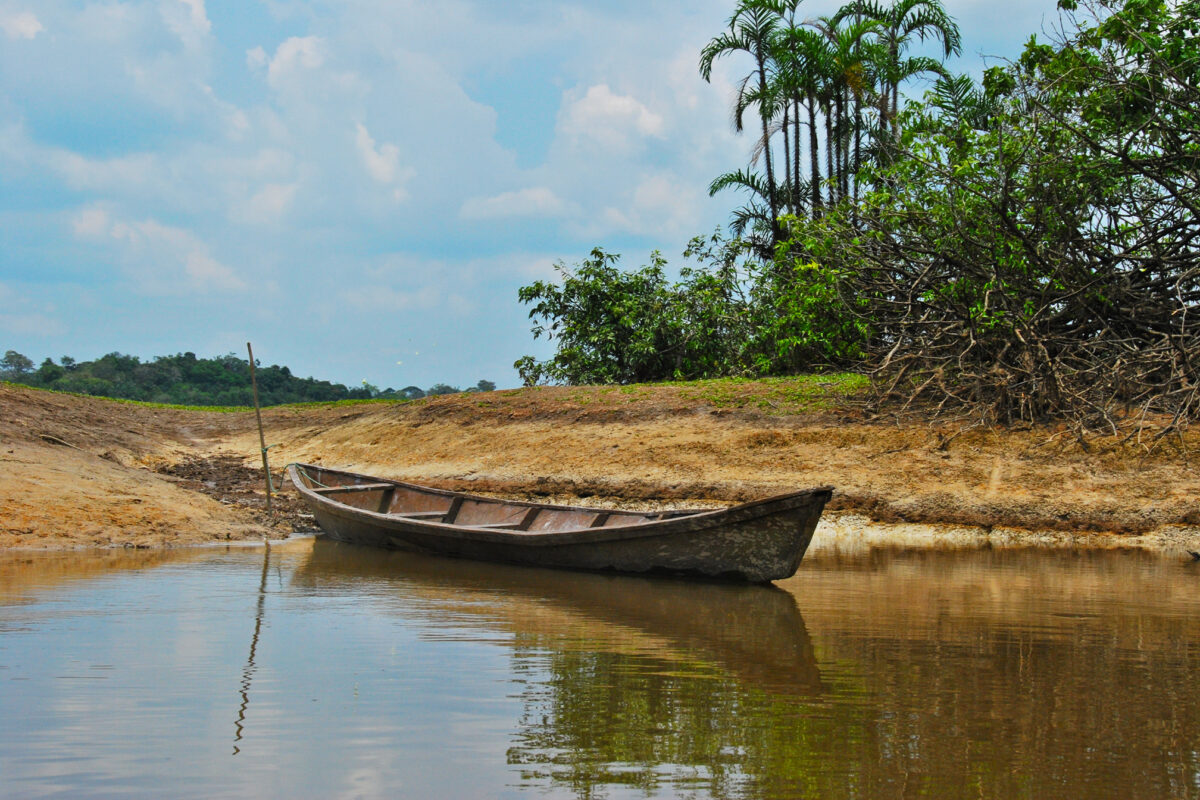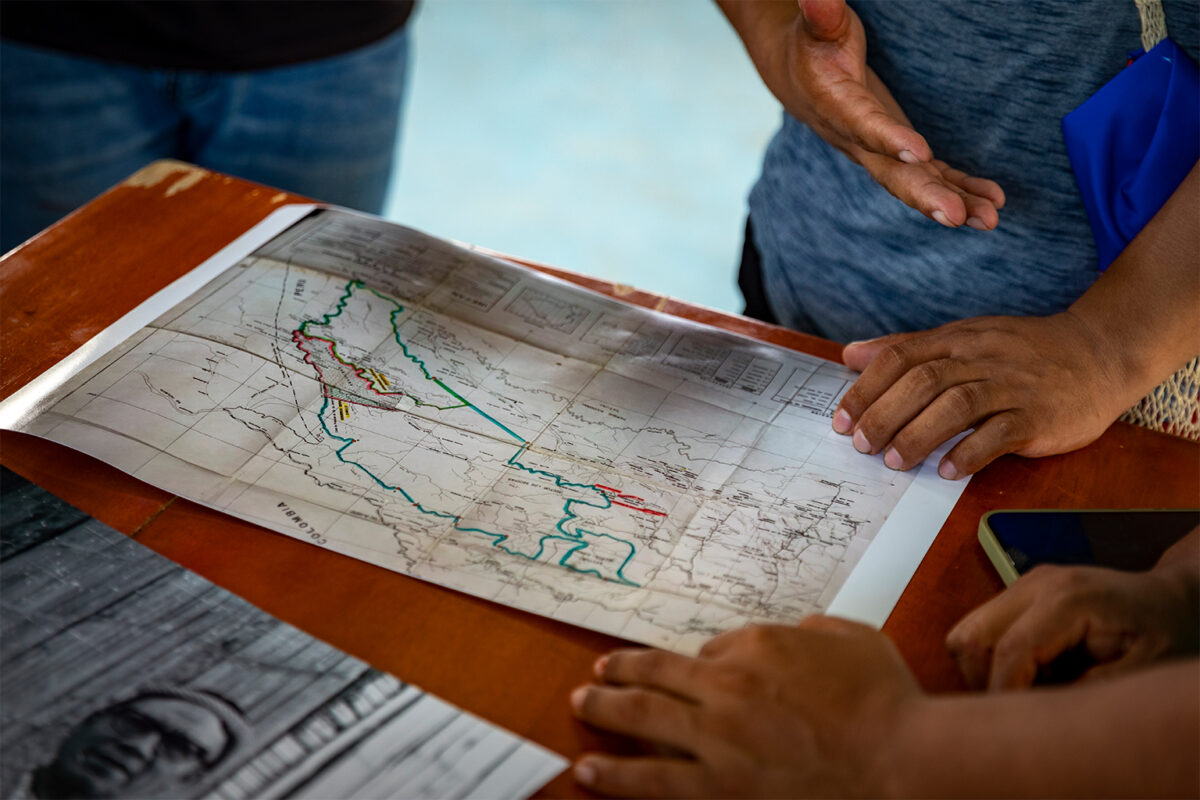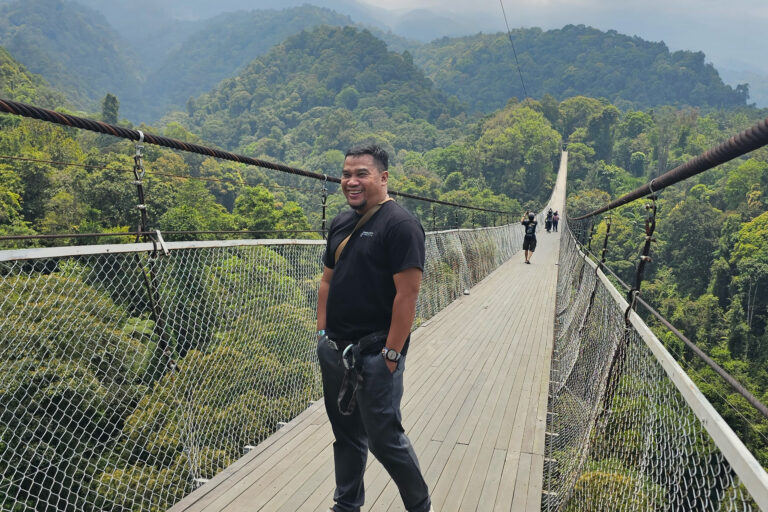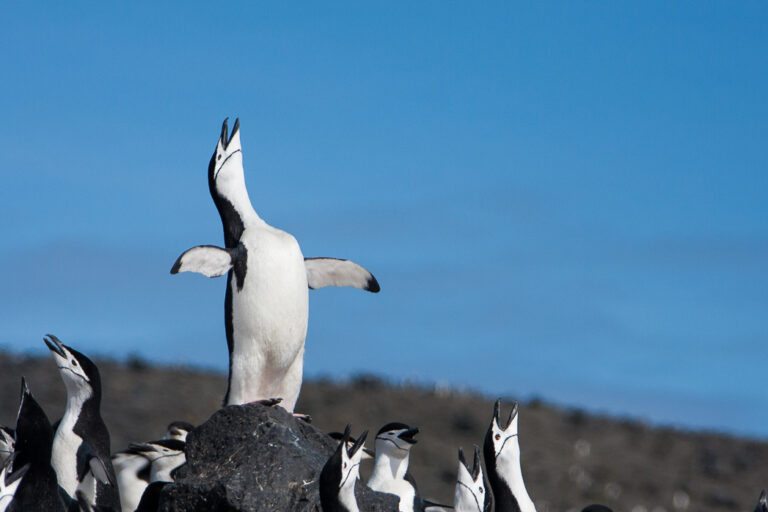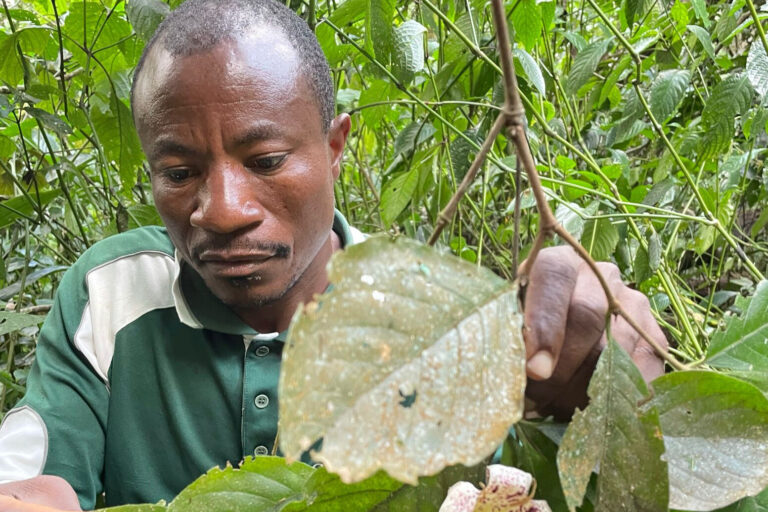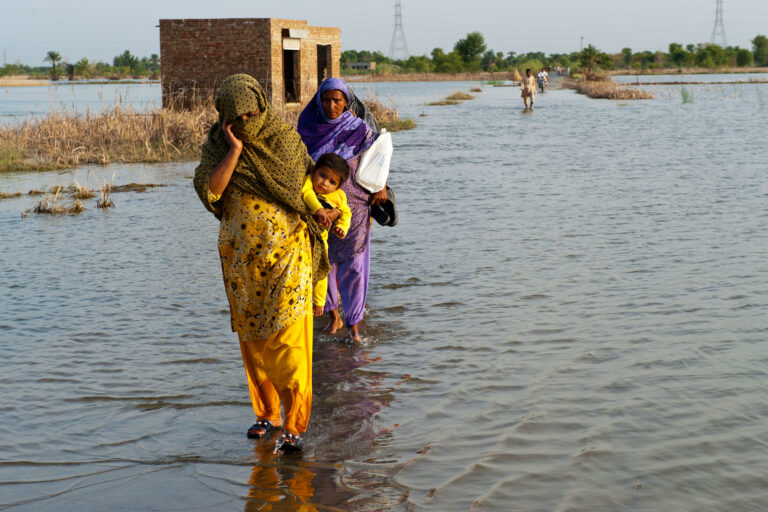The Mato Grosso state assembly passed a bill that would substantially reduce protections for the Amazon rainforest and the Pantanal, a biologically-rich wetland, according to a statement signed by 27 organizations.
The bill, which was approved 19 votes to one, would replace the ecological zoning system proposed by the state’s former governor, Blairo Maggi, after three years of consultations with a wide range of stakeholders. The bill reduces areas set aside for conservation by 73 percent and calls for a 67 percent—16 million hectare—increase in the area zoned for agriculture intensification, an area larger than the state of Georgia or Acre. The bill also reduces the legal forest reserve — the proportion of land ranchers and farmers in the Amazon must maintain as forest — from 80 percent to 50 percent. The bill would allow the planting of sugar cane in parts of the Pantanal and Amazon (wetlands excluded), regions where it is currently prohibited, according to the manifesto released by the organizations.
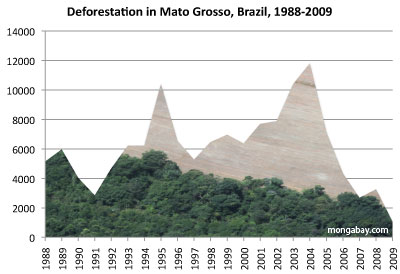 Deforestation figures from INPE. |
The Instituto Centro de Vida (ICV), one of the groups that signed the manifesto opposing the bill, said it would “contradict” Brazil’s commitment to a low carbon economy, including a pledge to reduce deforestation.
The Instituto de Pesquisa Ambiental da Amazônia (IPAM) said the new bill has “technical inconsistencies” and would waste the resources already committed to designing the previous zoning plan.
The bill will next go to an ecological and economic zoning committee for technical review before heading to governor Silval Barbosa for approval. It is unclear whether he would support the bill in its current form.
News of the bill’s approval by the state assembly comes just days after satellite analysis by Imazon showed a huge increase in forest degradation from logging and fires in Mato Grosso, rising from 272 sq km in September 2009 to 1,135 sq km this past September. Deforestation in the state nearly doubled for the month, accounting for nearly half of total forest loss in the Brazilian Amazon in September.
Since 1988 Mato Grosso has lost more forest than any other state in the Brazilian Amazon. Deforestation in Mato Grosso has been primarily the product of cattle ranching and large-scale agricultural, particularly soybean cultivation.
Related articles



